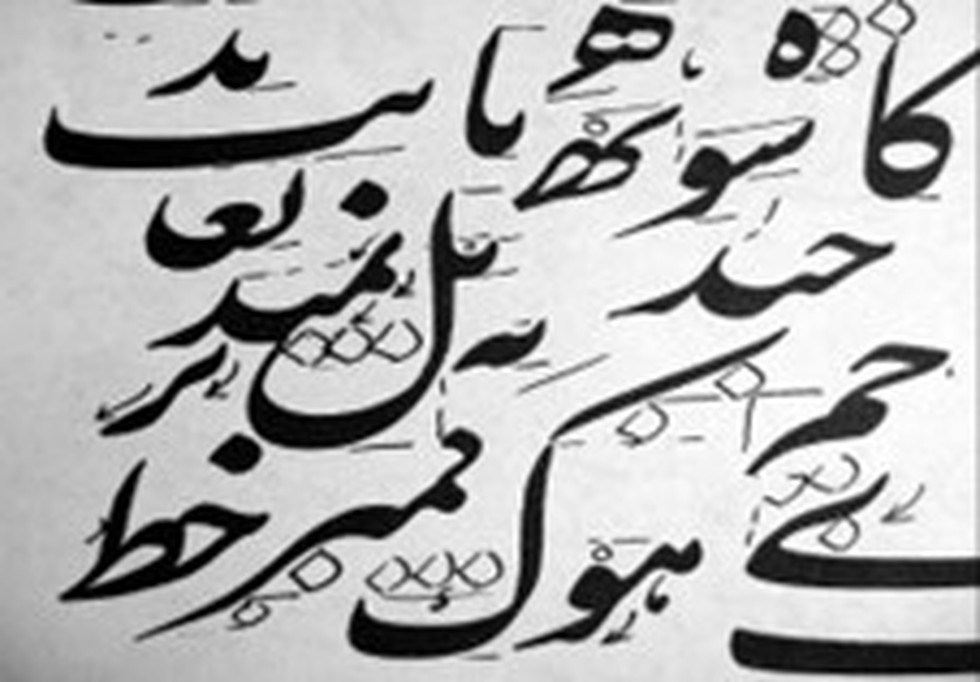About the Farsi Language:
- Farsi, also known as Persian Language, is the most widely spoken member of the Iranian branch of the Indo-Iranian languages, a subfamily of the Indo-European languages.
- It is the official language of Iran, and two varieties of Persian known as Dari and Tajik are official languages in Afghanistan and Tajikistan, respectively.
- Significant populations of Farsi speakers can be found in other Persian Gulf countries (Bahrain, Iraq, Oman, Yemen, and the United Arab Emirates), as well as large communities in the US.
- It has about 62 million native speakers, ranking it among the world’s 20 most widely spoken first languages.
- Farsi in Iran is written in a variety of the Arabic script called Perso-Arabic, which has some innovations to account for Persian phonological differences. This script came into use in Persia after the Islamic conquest in the seventh century.
- Its relatives are the languages of northern India and, more distantly, the major European languages including English.
Key Facts about Classical Languages in India:
- Criteria evolved by Government of India to determine declaration of a language as a Classical language is as under: -
- High antiquity of its early texts/recorded history over a period of 1500-2000 years;
- A body of ancient literature/texts, which is considered a valuable heritage by generations of speakers;
- The literary tradition be original and not borrowed from another speech community;
- The classical language and literature being distinct from modern, there may also be a discontinuity between the classical language and its later forms or its offshoots.
- Currently, six languages enjoy the ‘Classical’ status: Tamil (declared in 2004), Sanskrit (2005), Kannada (2008), Telugu (2008), Malayalam (2013), and Odia (2014).
- The benefits it provides once a language is notified as a Classical language:
- Two major annual international awards for scholars of eminence in classical Indian languages.
- A Centre of Excellence for studies in Classical Languages is set up.
- The University Grants Commission is requested to create, to start with at least in the Central Universities, a certain number of Professional Chairs for the Classical Languages so declared.”
